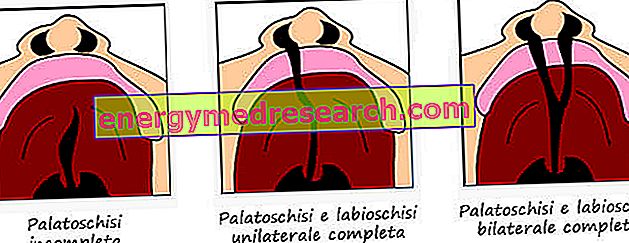Related articles: Alteration of cervical mucus
Definition
Cervical mucus is a heterogeneous secretion, which normally acts as a sort of "biological filter", opposing the entry of the vaginal bacterial flora into the uterus and performing functions similar to those of seminal fluid: keeping the spermatozoa alive and facilitating their journey towards the upper portion of the female reproductive system.
In a typical menstrual cycle, this fluid varies in consistency and composition.
During the follicular phase (that is when one is more fertile, just before ovulation) the levels of estradiol increase, stimulating the abundant production of a viscous and elastic mucus, which becomes evident with transparent losses, similar to egg white. egg. In practice, the cervical mucus "prepares the soil" for the possible fertilization of the mature egg cell, as it facilitates the passage of the spermatozoa through the vaginal canal and promotes their survival. The secretions maintain these characteristics until the end of ovulation, so they become dense, sticky and diminish or disappear.
Modifications of the constituents of cervical secretions can influence the penetrative capacity of spermatozoa (hindering fertilization at ovulation) and their survival (increasing destruction). In addition, the mucus may occasionally contain antibodies that cause sperm agglutination.
Pathological changes in cervical mucus occur mainly in the presence of infections (eg cervicitis), cervical stenosis (secondary, for example, to a treatment for a neoplasm) and polycystic ovary syndrome.
Possible Causes * of alteration of the cervical mucus
- Candida
- Carcinoma of the uterine cervix
- Chlamydia
- Gonorrhea
- Genital herpes
- salpingitis
- Polycystic ovary syndrome
- Trichomonas



